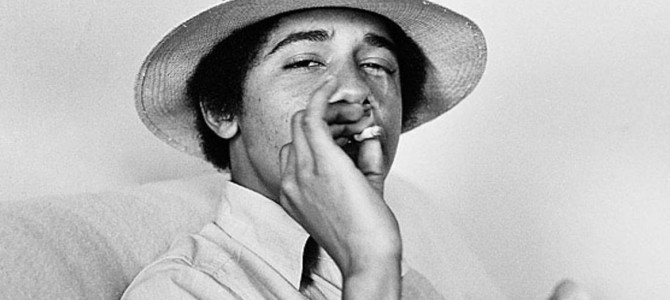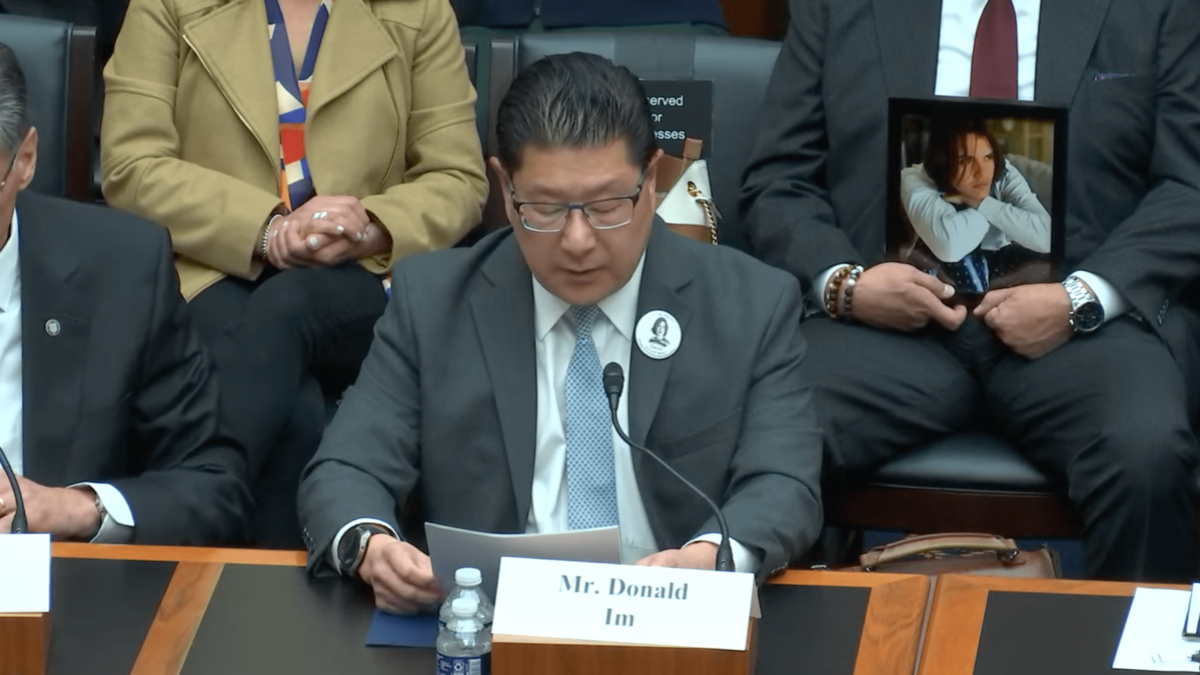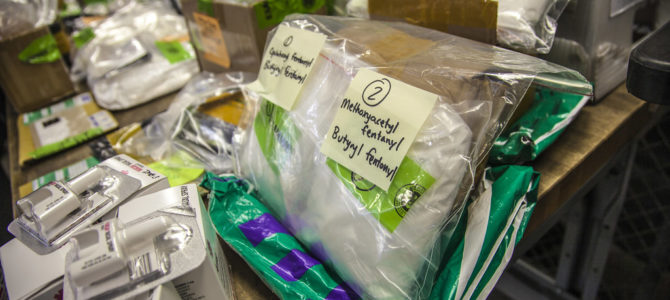According to Gallup, for the first time ever a “clear” majority of Americans support the legalization of marijuana — not only from medical purposes (real or imagined) but for recreational uses, as well. Gallup finds that 58 percent of Americans now favor legalizing marijuana, with 39 percent disagreeing and 3 percent still unsure. The recent surge in support for legalization has been most intense among independent voters, with 62 percent favoring legalization, an eye-opening spike of 50 percent from one year ago.
Some of the movement is attributed to a generational shift finally coming to fruition, and some of it can be chalked up to a growing libertarian inclination among independents (though I’m still skeptical that trend is all it’s cracked up to be).
Another factor, according to Gallup at least, might be the “sizable percentage” of people who’ve smoked up since the 1980s — 38 percent admit to it, to be exact (a number that’s fallen since the 70s). The fact that medical marijuana has become a more common way to alleviate pain connected to ailments like arthritis and migraines, and a way to lessen the discomfort of chemotherapy, also, no doubt, plays a part in the uptick in support.
And though it is not mentioned in the Gallup write-up, it seems increasingly likely that more Americans, no matter what they think of marijuana, see the War on Drugs as a waste of time, money and effort.
It’s also not gone unnoticed that public sentiment towards pot legalization and gay marriage mirror each other closely. Actually, as you can see below, if we’re to believe Gallup, marijuana legalization might be slightly more popular among Americans than gay marriage.
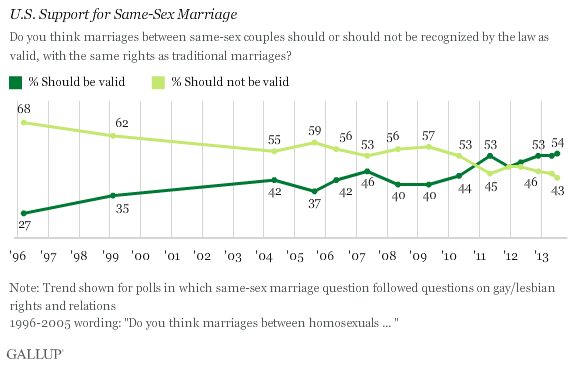
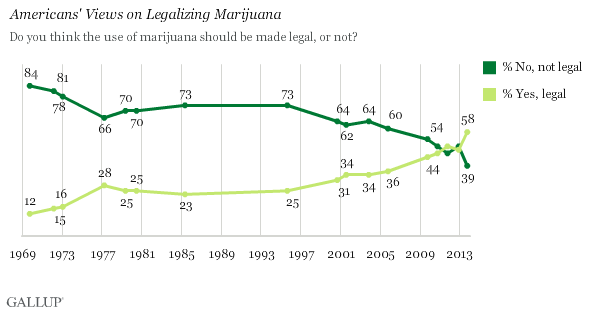
So then why are the politics so different?
Andrew Sullivan frames both of these issues as society “adjusting our social norms to empirical reality.”
Being gay went from being a crime to being a citizen in my lifetime. Now, smoking or vaping the harmless, ubiquitous drug, marijuana, is beginning to be thought of as indistinguishable from drinking the much more harmful, ubiquitous drug, alcohol.
No doubt, some people will have a problem with relativism here. Others may point out that ‘adjusting your social norms’ every time a fleeting empirical reality emerges is a quick way to destroy your culture. As a libertarian, I don’t believe that’s the case here, and I agree that an individual’s choices – as long as they do not tangibly hurt others — should not be criminal. So, all things considered, why is it that people who oppose gay marriage are treated like the American Taliban while those who torment millions for an innocuous habit are let off the hook? Same-sex marriage opponent are typically driven by faith. What is the drug warrior’s excuse?
It’s unthinkable, for instance, that anyone could run for office without being grilled on their view on same-sex marriage – even if they’re vying for a position that has absolutely no bearing on the topic. It’s unthinkable, because “democracy” demands we know. A candidate might be for “equality,” he might take the federalist approach and propose throwing the question back to states, or he might support traditional marriage, but he better have some kind of answer.
Where you stand on gay marriage has become something of a bellwether in Beltway circles, indicative not only of your cultural awareness and political IQ, but your prospects. Either you get 21st century America or you don’t.
Well, what about the Drug War?
As far as I can tell, not a single elected official in Washington actively supports marijuana legalization. Not a single governor. Not a single Senator. And, moreover, few of them have been asked, much less seriously pressed, to explain where they stand on the issue. Some unlikely counterintuitive voices pop up here and there — Tom Tancredo, former congressman, anti-immigration activist and candidate for governor of Colorado and Sen. John McCain are to examples of politician who, to varying degrees, have been open to marijuana legalization – but, despite the growing popularity of the position generally, it’s basically a non issue.
This seems like a concern that is just begging liberal politicians to “evolve” en masse. Why hasn’t it happened? Is it possible that we are overestimating the support for legalization? So writes Harry Enten, in Guardian:
The other two polls conducted in 2013 actually found that more people than not wanted recreational use of marijuana to stay illegal. A survey conducted by Fox News had the number in favor of legalization only at 46%, with 49% opposed. And a Public Religion Research Institute* survey matched the Fox News poll, with 45% in favor of marijuana legalization and 49% opposed.
Indeed, a look at the broader range of polling suggests that over the past few years, public opinion on legalizing marijuana has stayed mostly steady:
• ABC News/Washington Post (2009-2012): 46%, 46% and 48%
• Angus Reid (2009-2012): 53%, 52%, 55%, 52% and 54%
• CBS News (2009-2012): 41%, 31%, 41%, 44%, 40%, 45% and 47%
Even if Gallup doesn’t have it exactly right, the trend seems to indicate that legalization will soon have that clear majority. If we average out these polls, drug legalization is still more popular than an array of other issues that politicians are willing to take on.
So maybe marriage equality is a more consequential issue for more people? It’s certainly seems that way. Maybe this is because gay marriage is the Gettysburg of the Culture War. It allows one side, either side, to force the other to accept its norms (and the majority’s) through the force of the state.
And let’s face it, stories about the DEA knocking down the doors of non-violent drug offenders don’t quite move the soul like exposing a social conservative politician to scorn. If you were in the media, what would you rather ask a would-be Senator? ‘Do you believe sentencing reform?’ or ‘Why do you oppose the freedom for every American to be married and start a family?’
Then there is expediency. In large swaths of the country, the repercussion for joining the majority and supporting same-sex marriage are becoming nearly insignificant. When it comes to pot, even if a majority theoretically supports legalization the political upside is negligible. Drug legalization is not about defending a nebulous public good, it’s about potentially exposing children and communities to risk. As a longtime supporter of getting government out of the marriage business and drug legalization, I’ve noticed that it’s always been easier to advocate for the former.
Attorney General Eric Holder recently assured governors of Washington and Colorado — states where citizen-driven ballot initiatives to legalize the use of marijuana passed —that the Feds would allow states to governor themselves. (A change of pace for an administration that makes a business of suing states into submission.) Yet, it still requested $25.6 billion in federal spending fighting the Drug War in the 2013 budget, with $15 billion for law enforcement. The administration has an entire page devoted to laying out its case against legalization for pot with highly arguable contentions like, “Legalization would lower price, thereby increasing use” … “Tax revenue would be offset by higher social costs” … “Legalization would further burden the criminal justice system” and so on.
So I suspect that even if broader majorities start to express an openness towards legalization, Washington is going to take a long time to catch up. If they ever do.
Follow David Harsanyi on Twitter.
